BGS to support novel scientific ocean drilling expedition to explore Arctic Ocean palaeoceanography and climate
BGS is pleased to be part of a joint IODP expedition focused on the Arctic Ocean, a key location in global climate change.
18/02/2021 By BGS Press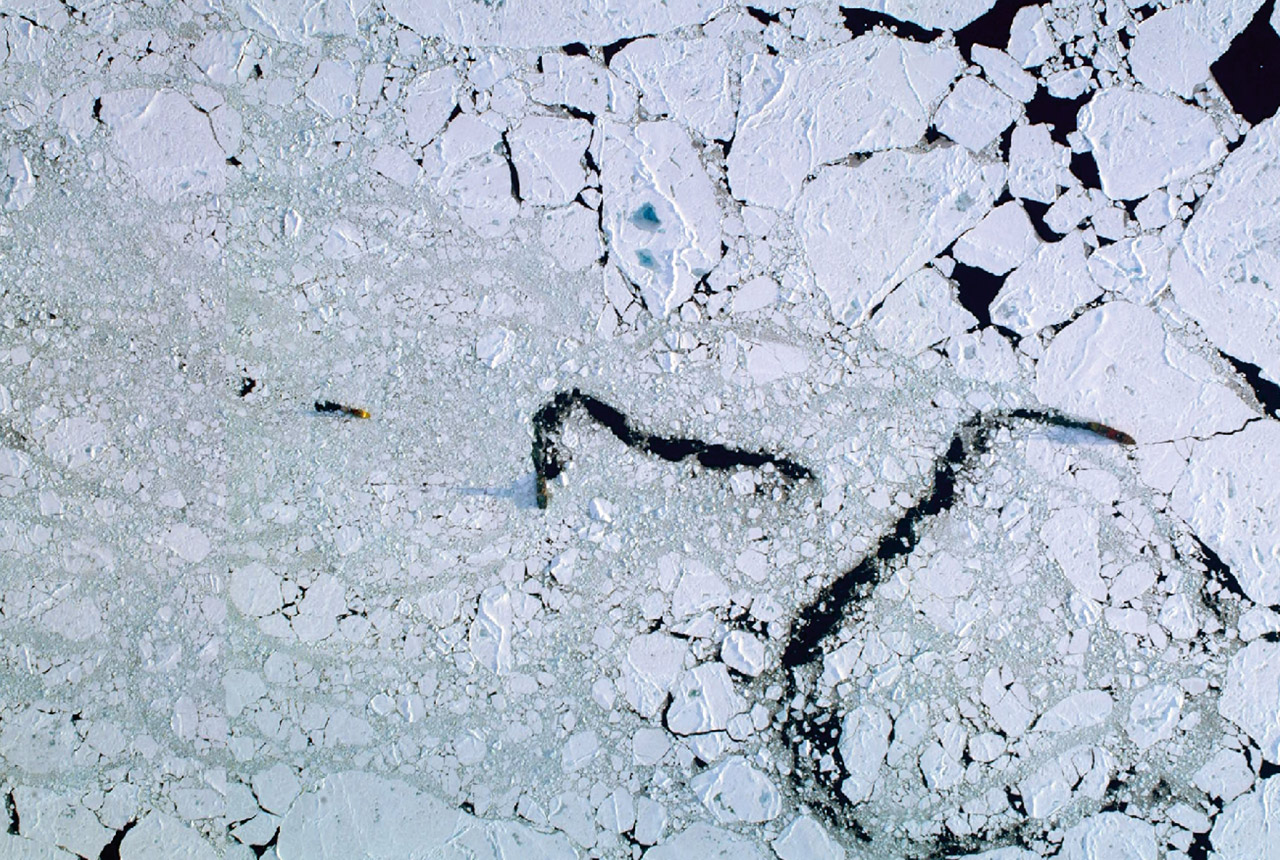
BGS is pleased to be part of a joint expedition of the International Ocean Discovery Program (IODP), focused on the Arctic Ocean – a key location in global climate change.
Despite its global importance, the Arctic Ocean is the last major region on Earth where the long-term climate history remains poorly known.
IODP Expedition 377 Arctic Ocean Paleoceanography – or ArcOP – will represent a step-change in reconstructing the detailed history of climate change in the central Arctic Ocean over the last 50 million years.
A joint expedition, it will involve expertise from the European Consortium for Ocean Research Drilling (ECORD), the Swedish Polar Research Secretariat (SPRS) and Arctic Marine Solutions (AMS) and is planned to take place in August and September 2022.
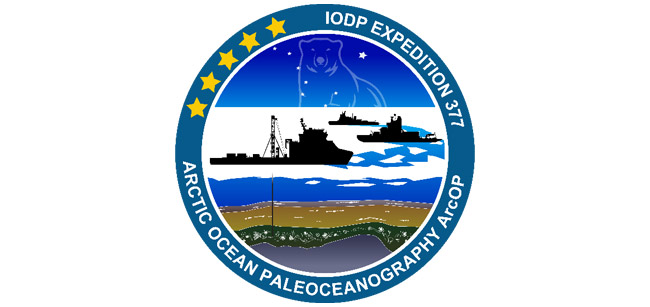
Science behind the ArcOrp Expedition
The Arctic Ocean is a very sensitive and important region for global climate change, and is unique in comparison to the other oceans on Earth. Due to complex feedback processes (collectively known as “Arctic amplification”), the Arctic is both a contributor to climate change and a region that is most affected by global warming.
Major advances in understanding were achieved in 2004 when the successful completion of IODP Expedition 302: Arctic Coring Expedition – ACEX, also implemented by ECORD, marked the start of a new era in Arctic climate exploration.
The ArcOP expedition will explore a critical time interval, spanning the period when prominent changes in global climate took place during the transition from the early Cenozoic Greenhouse world to the late Cenozoic Icehouse world.
An international team of scientists will collect about 900 m of sediment cores at two sites along the Lomonosov Ridge.
We anticipate that the sedimentary record that the Arc-OP expedition is targeting will provide critical puzzle pieces enabling the scientific community to better understand the drivers, feedbacks, consequences, and varying rates of Cenozoic climate change at both regional and global scales.
Prof Kristen St John, ArcOP Co-chief Scientist.
A unique and challenging expedition, a fleet composed of a scientific drillship supported by two icebreakers will be used to make drilling possible in this permanently ice-covered region.
Such a multi-vessel approach was employed by ECORD for the first time during the ACEX Expedition in 2004.
The expedition will last for about seven weeks offshore and will be followed by intensive investigation and sampling of the cores onshore to unlock their climate secrets.
BGS will help to lead the implementation of the expedition through its role as the co-ordinator of the ECORD Science Operator (ESO), in close collaboration with SPRS and AMS.
BGS staff are excited to be part of this ambitious IODP expedition that will see us manage, co-ordinate and support an international team of scientists through our role as the coordinator of the ECORD Science Operator.
Our role is very much to support the team’s efforts to uncover and understand the history of climate change in the central Arctic Ocean over the last 50 million years.
We will provide expedition management and coring oversight, and work with our partners to provide facilities and services for the curation, databasing, archiving and analysis of collected cores and samples, and downhole logging services.
David McInroy, BGS Geoscientist.
Further details of the expedition can be found on the ECORD website.
More information
- ArcOrp expedition
- IODP research programme
- ECORD Science Operator (ESO)
- Swedish Polar Research Secretariat (SPRS)
- Arctic Marine Solutions (AMS)

Related news
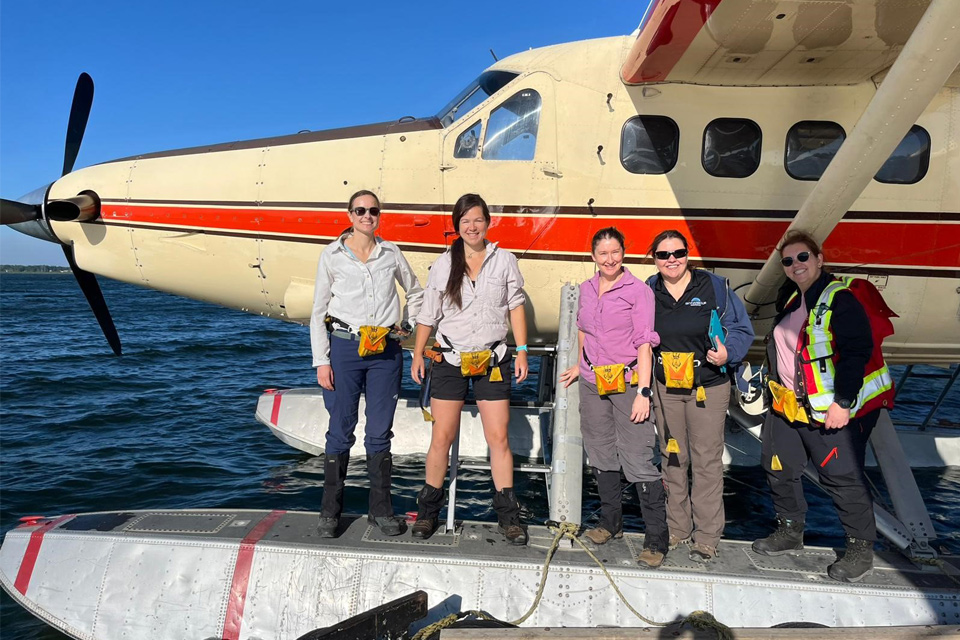
Funding awarded to UK/Canadian critical mineral research projects
08/07/2025
BGS is part of a groundbreaking science partnership aiming to improve critical minerals mining and supply chains.
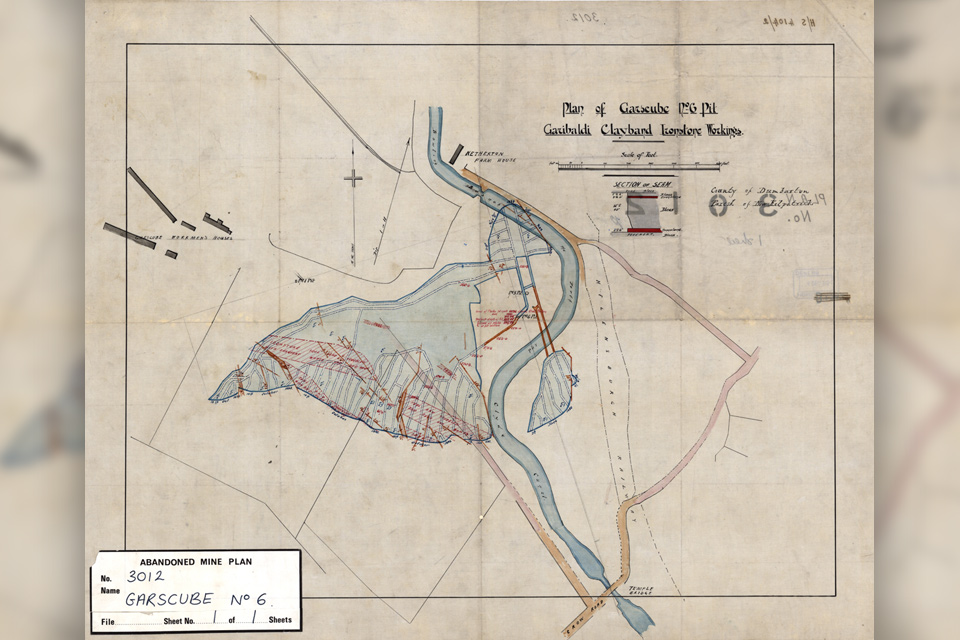
Release of over 500 Scottish abandoned-mine plans
24/06/2025
The historical plans cover non-coal mines that were abandoned pre-1980 and are available through BGS’s plans viewer.
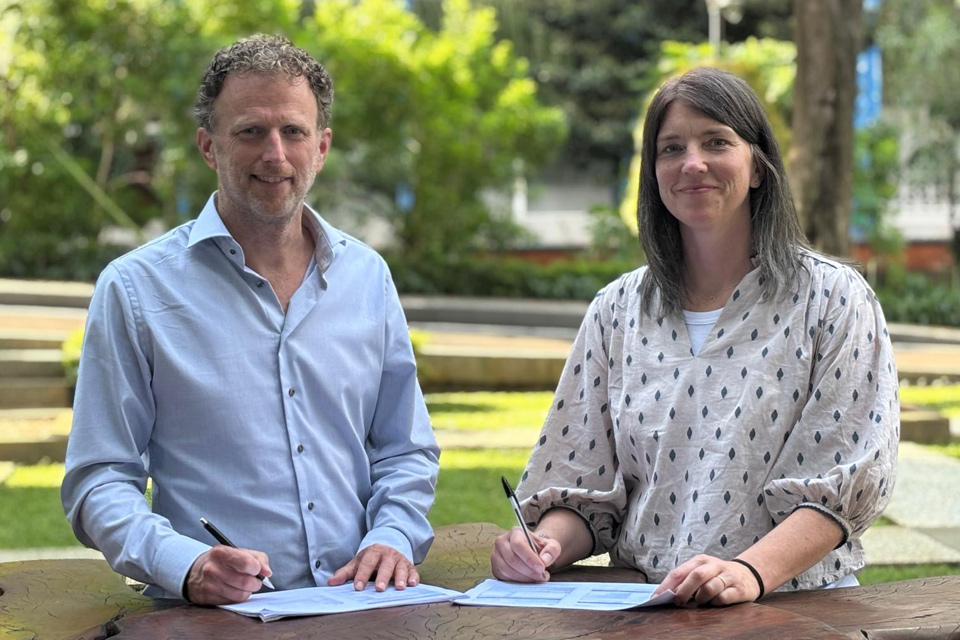
New collaboration aims to improve availability of real-time hazard impact data
19/06/2025
BGS has signed a memorandum of understanding with FloodTags to collaborate on the use of large language models to improve real-time monitoring of geological hazards and their impacts.
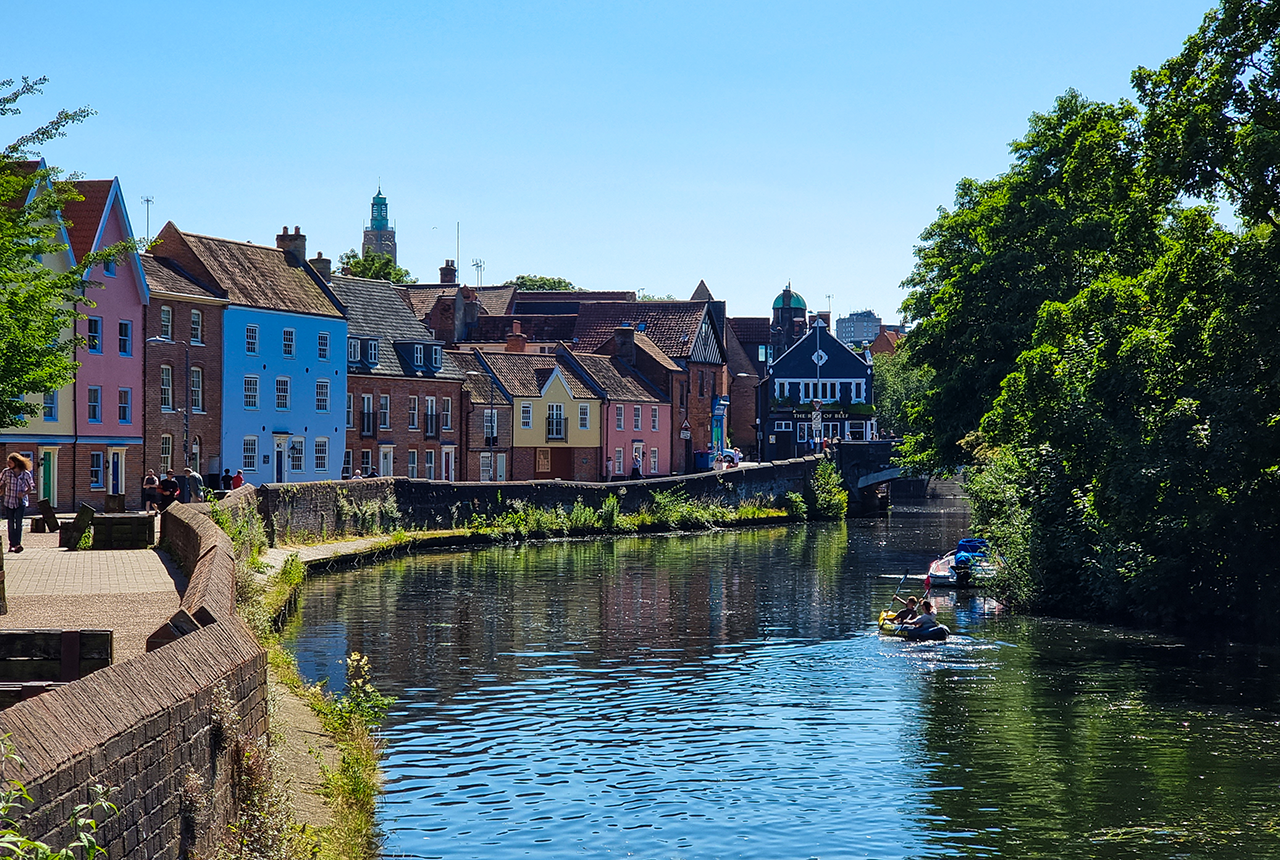
Modern pesticides found in UK rivers could pose risk to aquatic life
17/06/2025
New research shows that modern pesticides used in agriculture and veterinary medicines have been found for the first time in English rivers.

Goldilocks zones: ‘geological super regions’ set to drive annual £40 billion investment in jobs and economic growth
10/06/2025
Eight UK regions identified as ‘just right’ in terms of geological conditions to drive the country’s net zero energy ambitions.
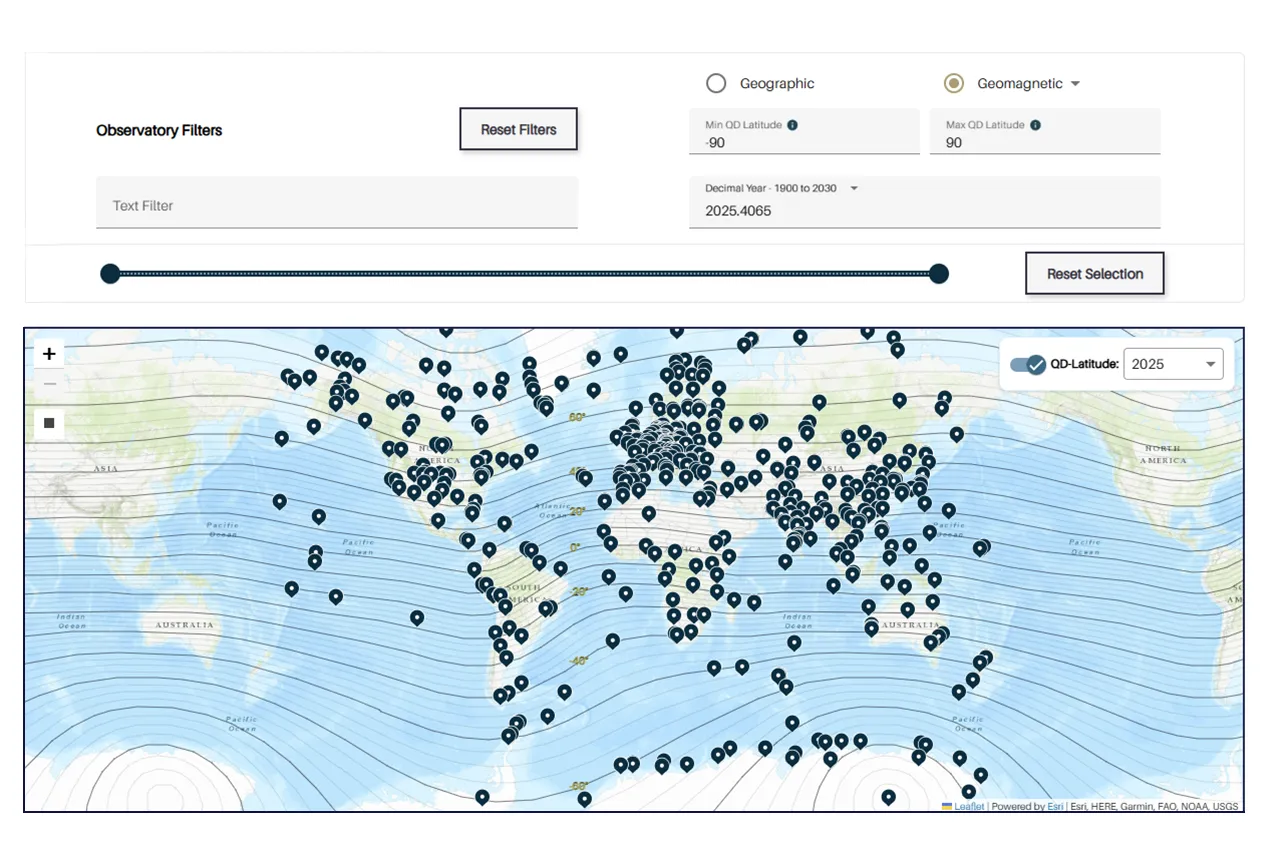
Upgraded web portal improves access to geomagnetism data
02/06/2025
BGS’s geomagnetism portal, which holds data for over 570 observatories across the world, has received a significant update.

BGS digital geology maps: we want your feedback
29/05/2025
BGS is asking for user feedback on its digital geological map datasets to improve data content and delivery.

What is the impact of drought on temperate soils?
22/05/2025
A new BGS review pulls together key information on the impact of drought on temperate soils and the further research needed to fully understand it.
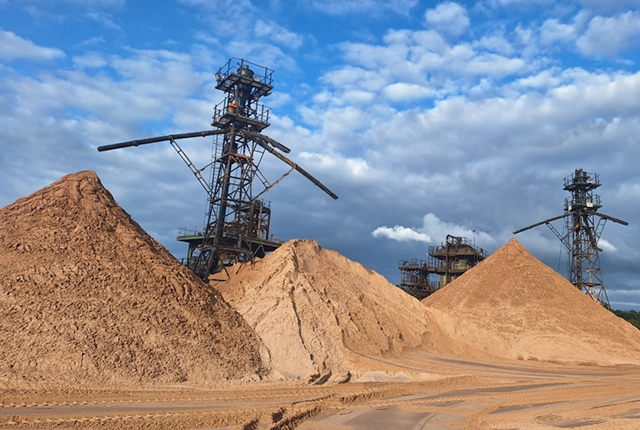
UK Minerals Yearbook 2024 released
21/05/2025
The annual publication provides essential information about the production, consumption and trade of UK minerals up to 2024.

BGS scientists join international expedition off the coast of New England
20/05/2025
Latest IODP research project investigates freshened water under the ocean floor.

New interactive map viewer reveals growing capacity and rare earth element content of UK wind farms
16/05/2025
BGS’s new tool highlights the development of wind energy installations over time, along with their magnet and rare earth content.
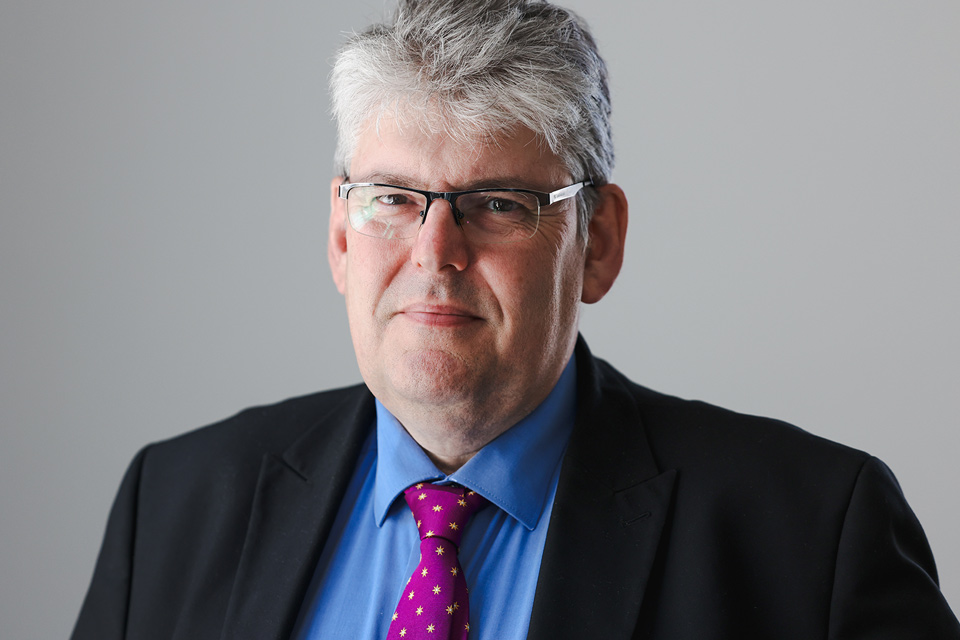
UKRI announce new Chair of the BGS Board
01/05/2025
Prof Paul Monks CB will step into the role later this year.



